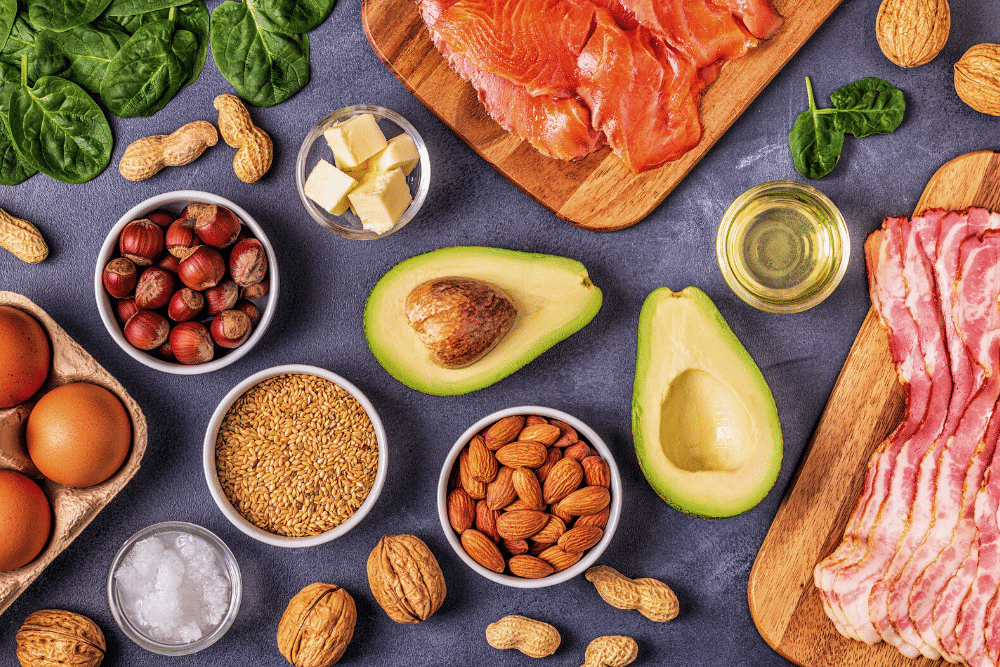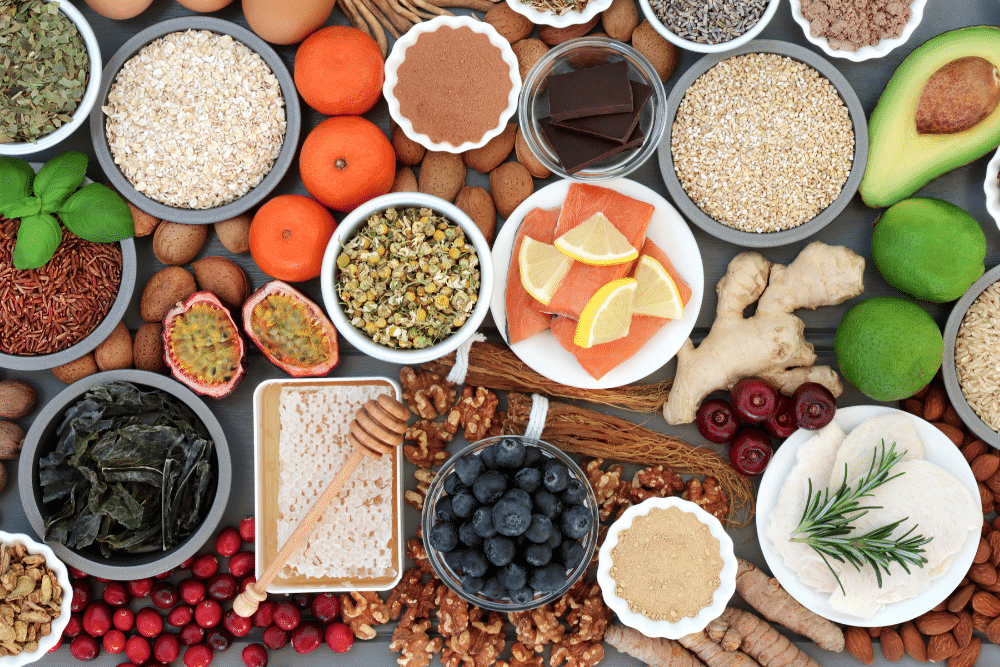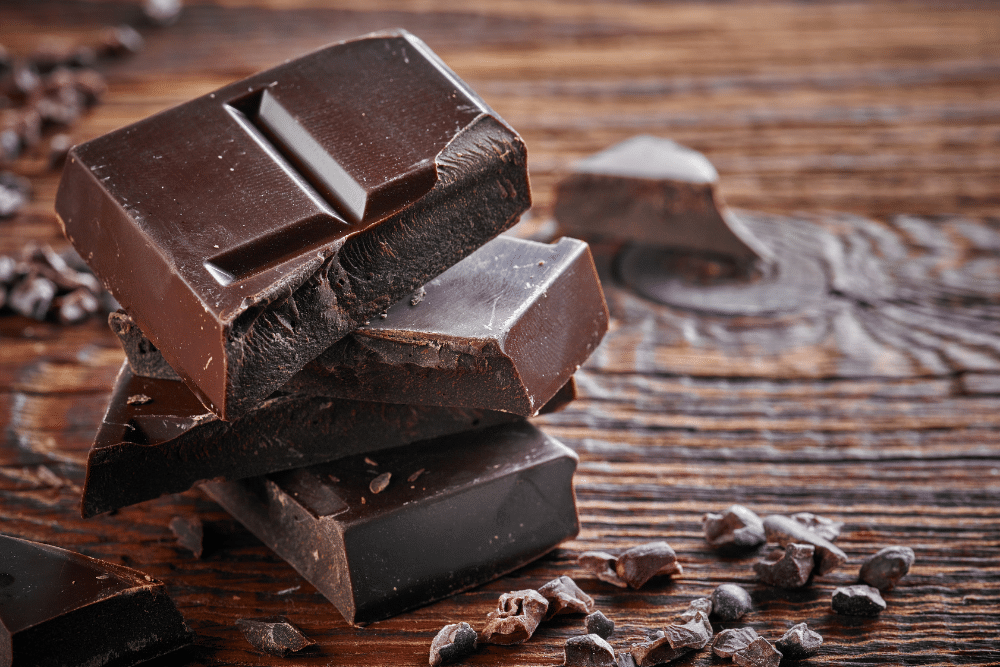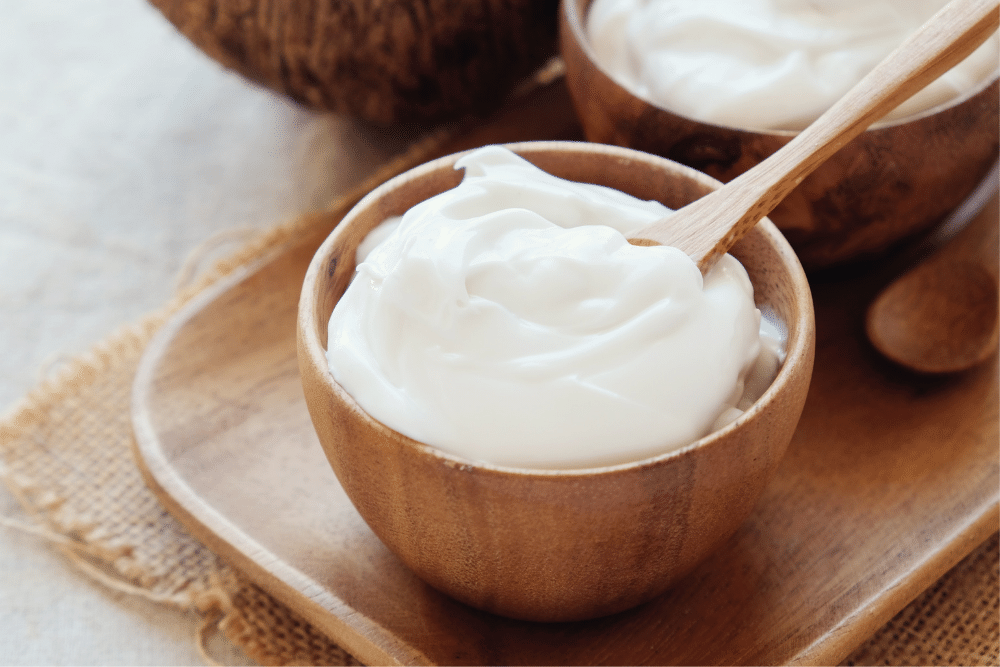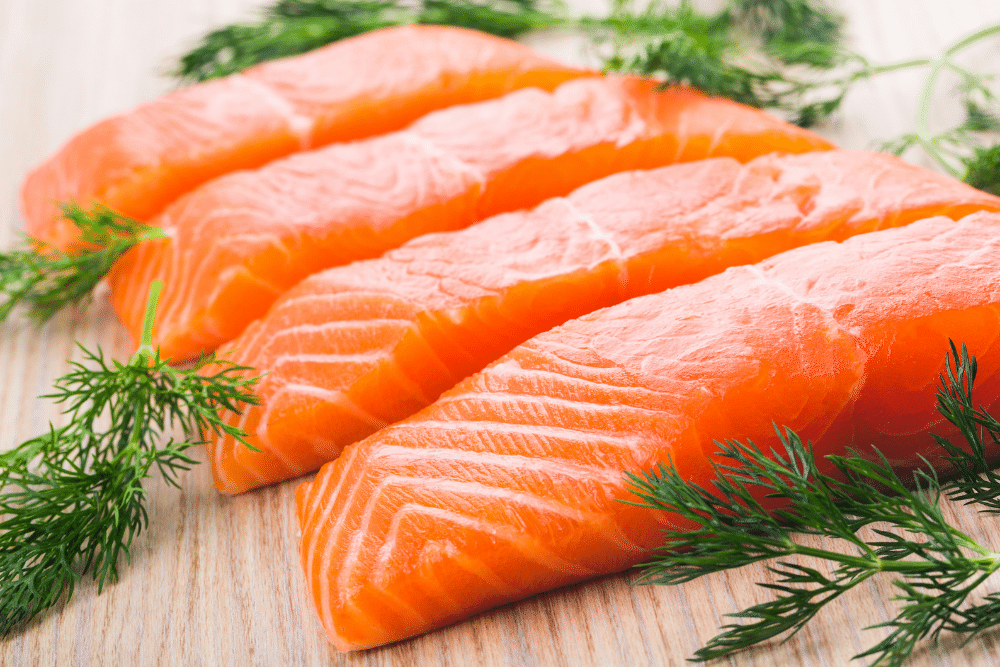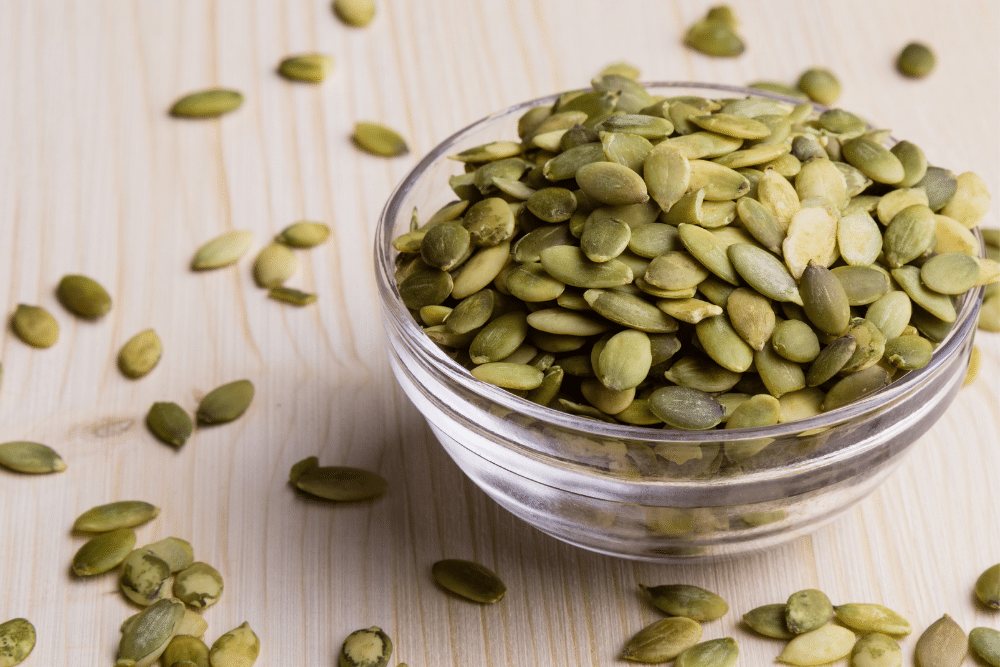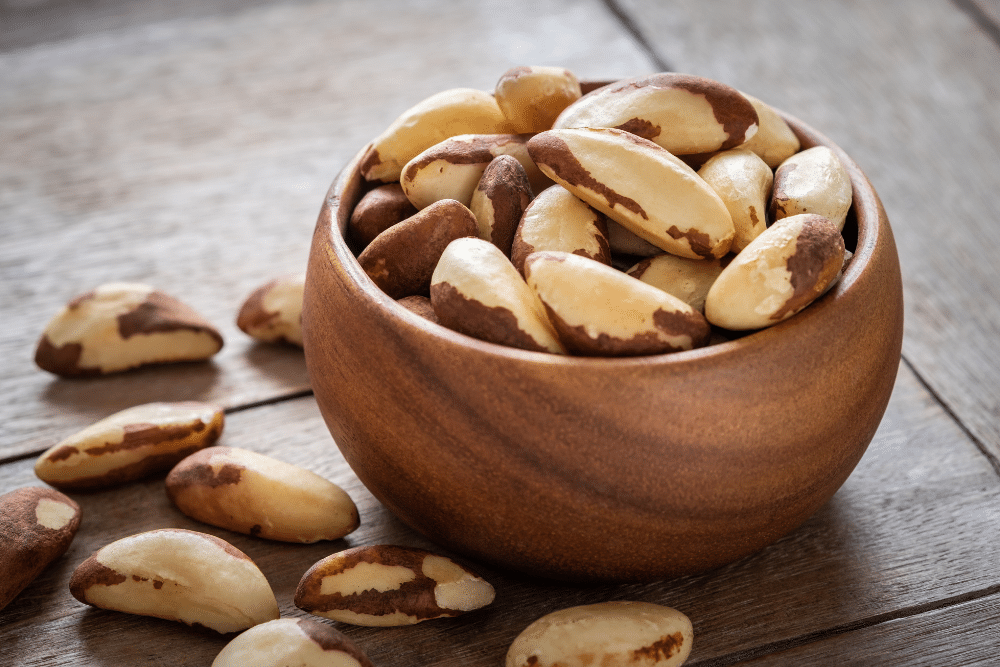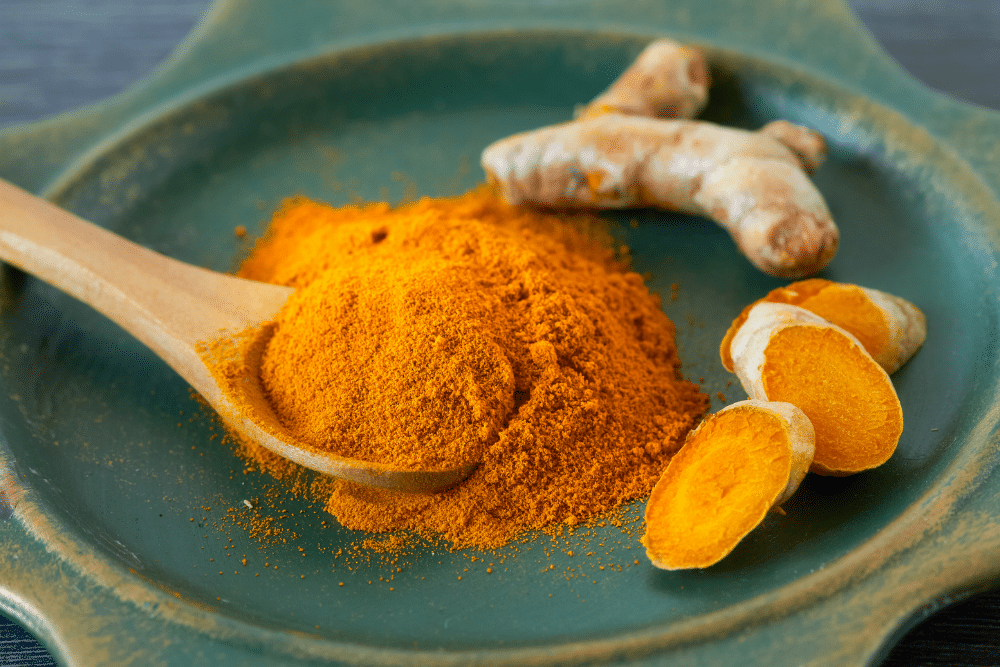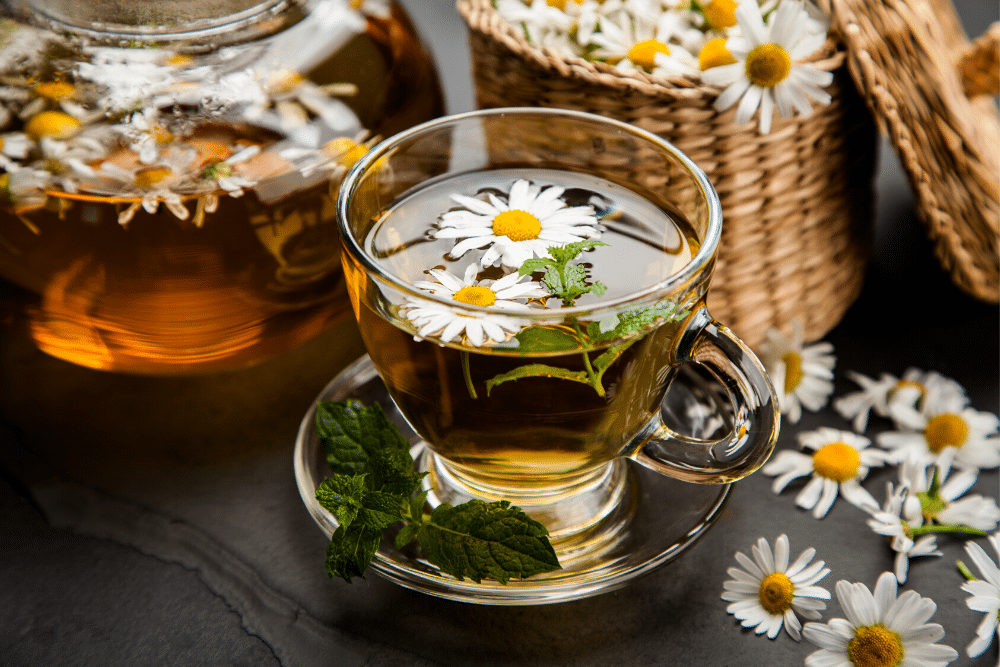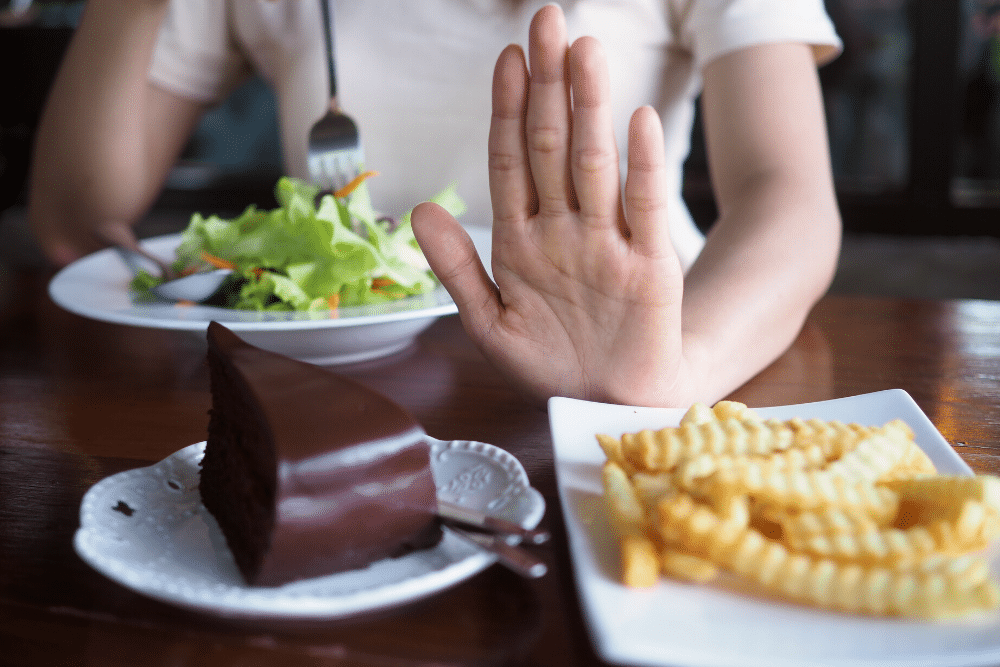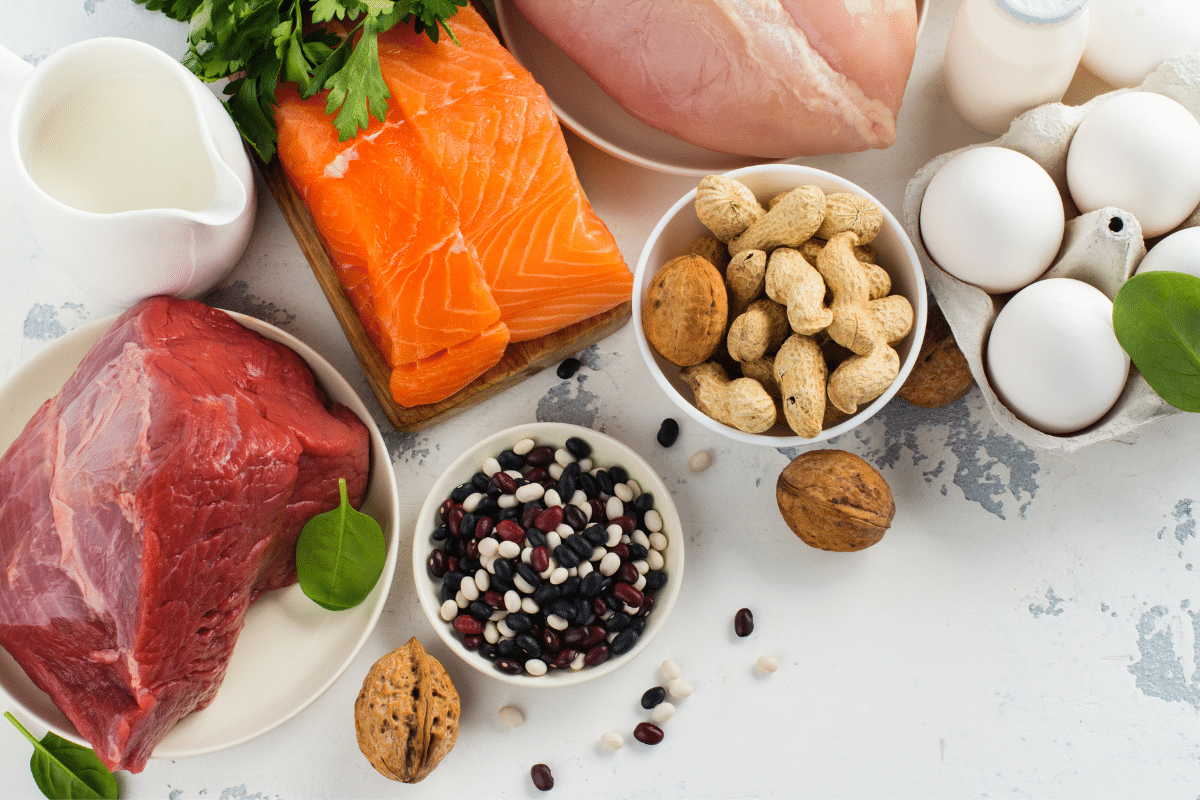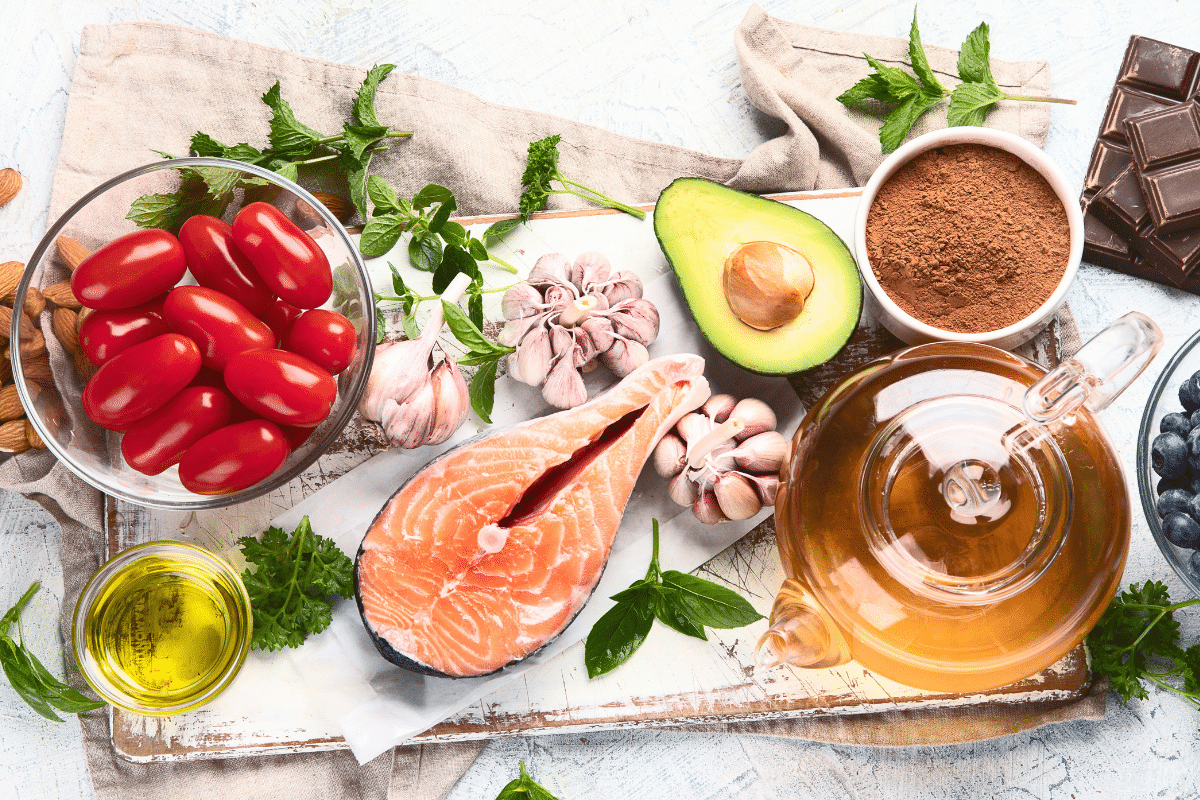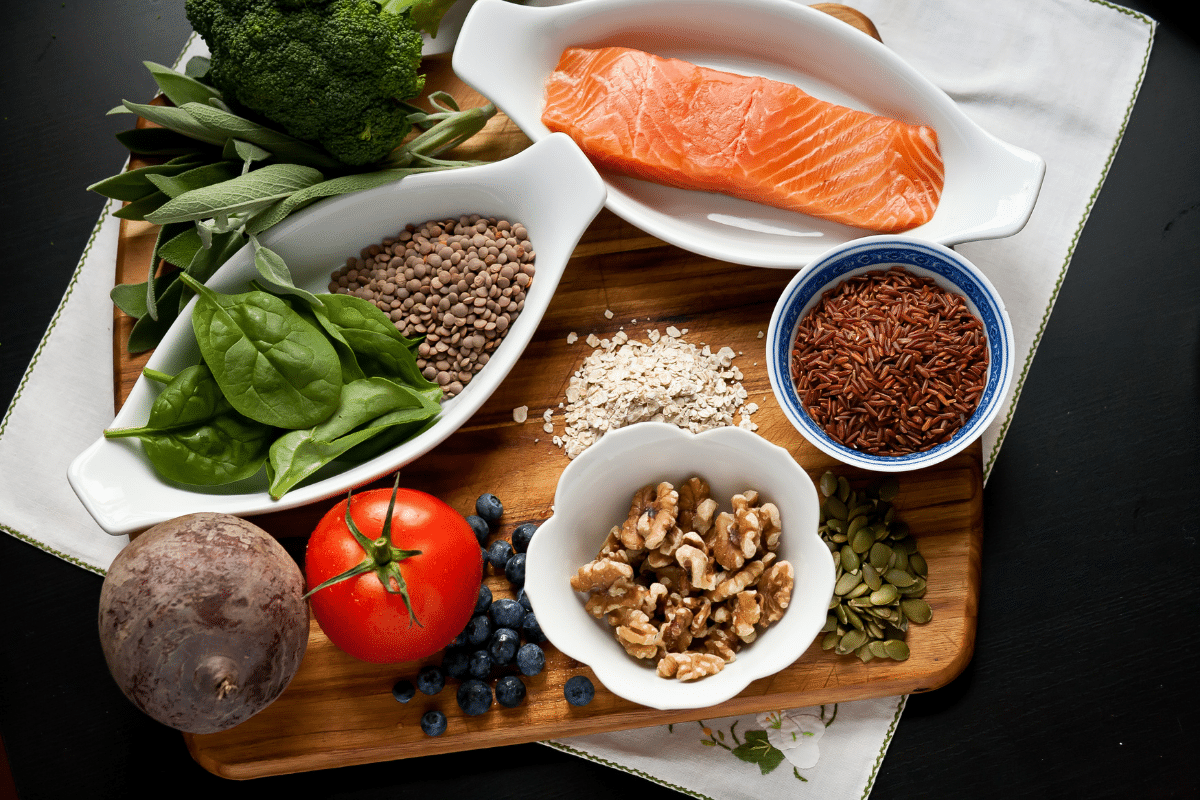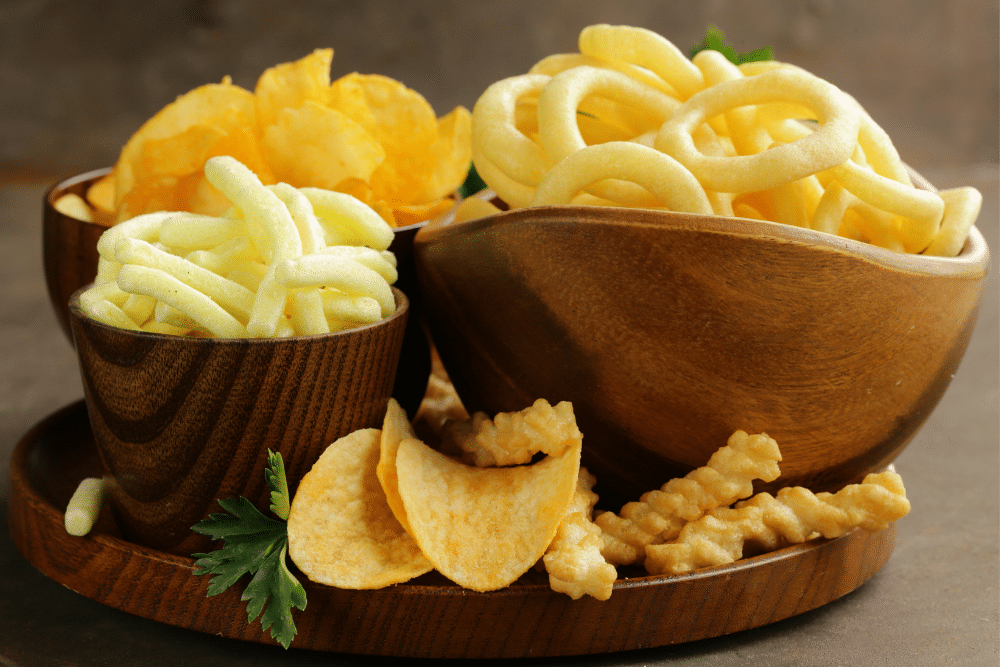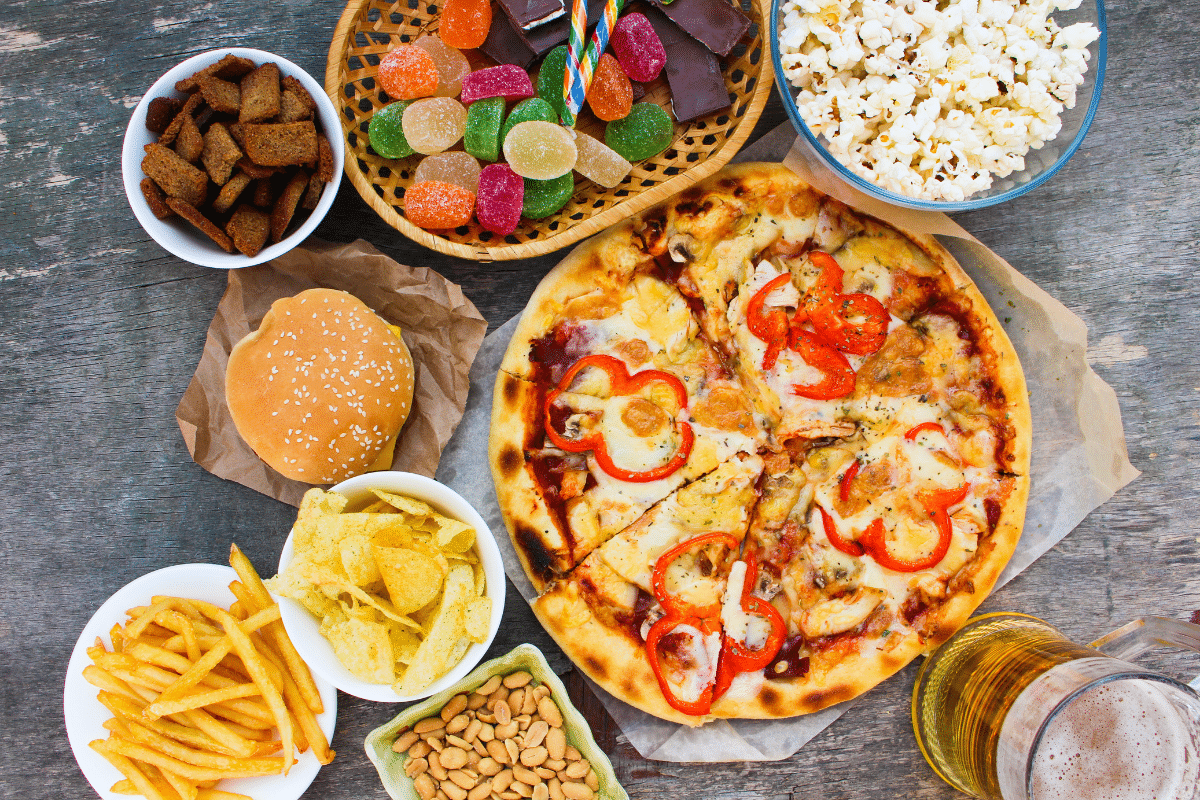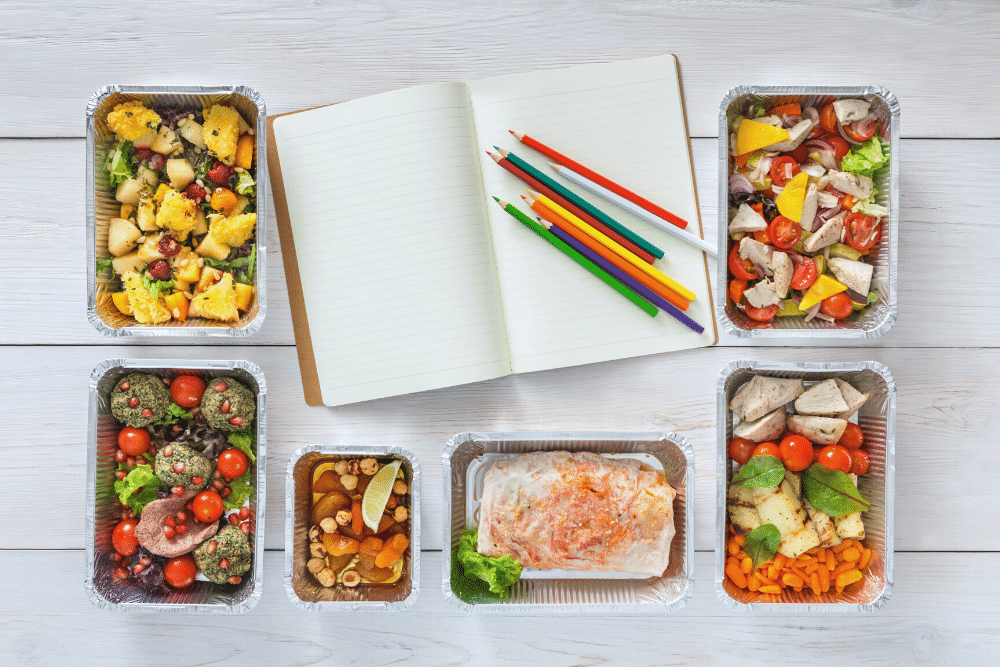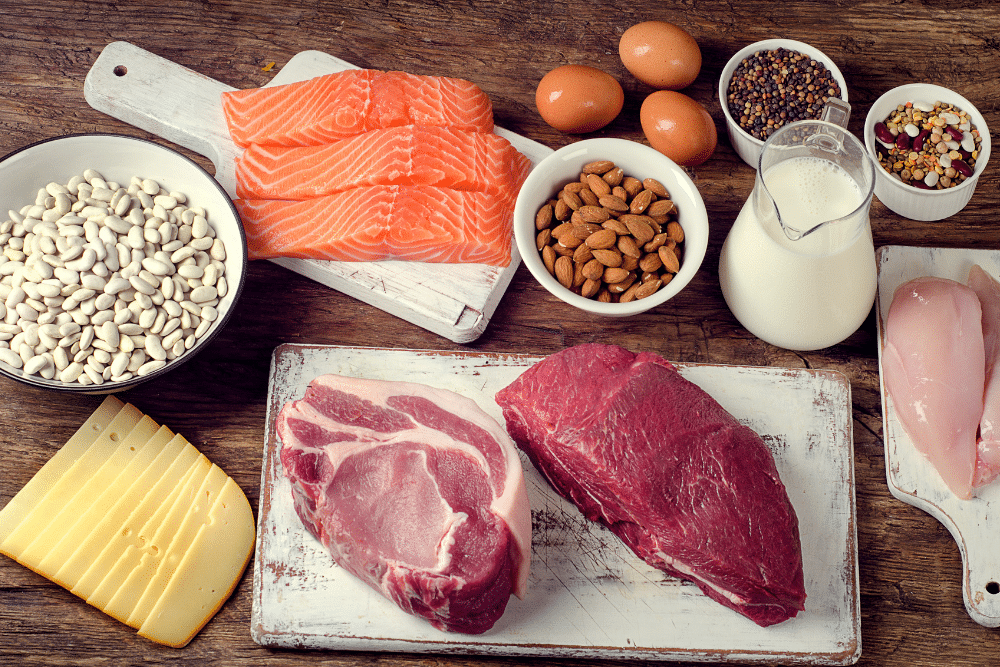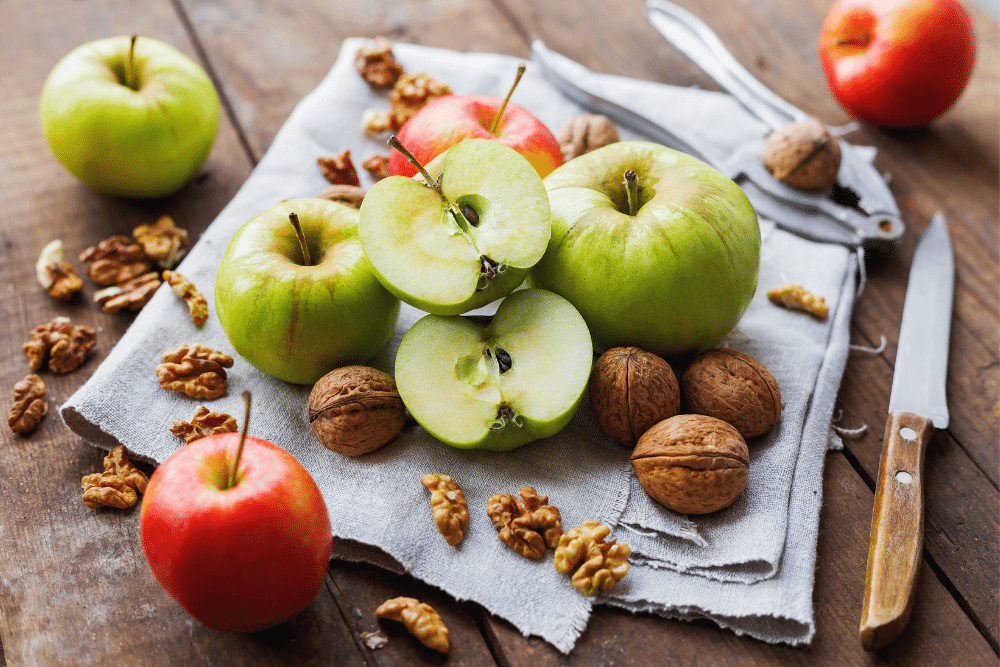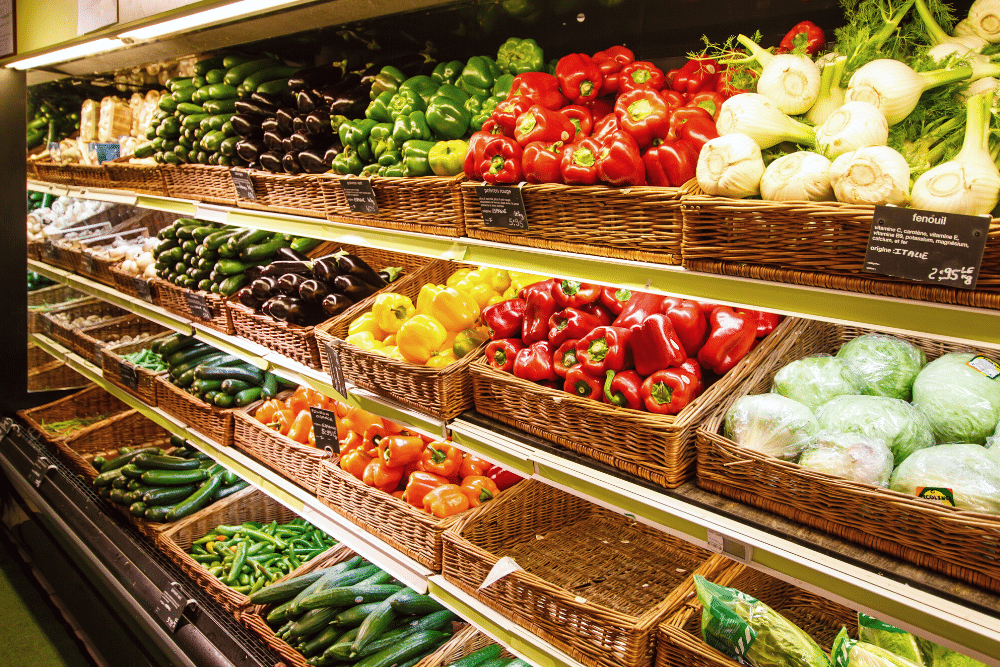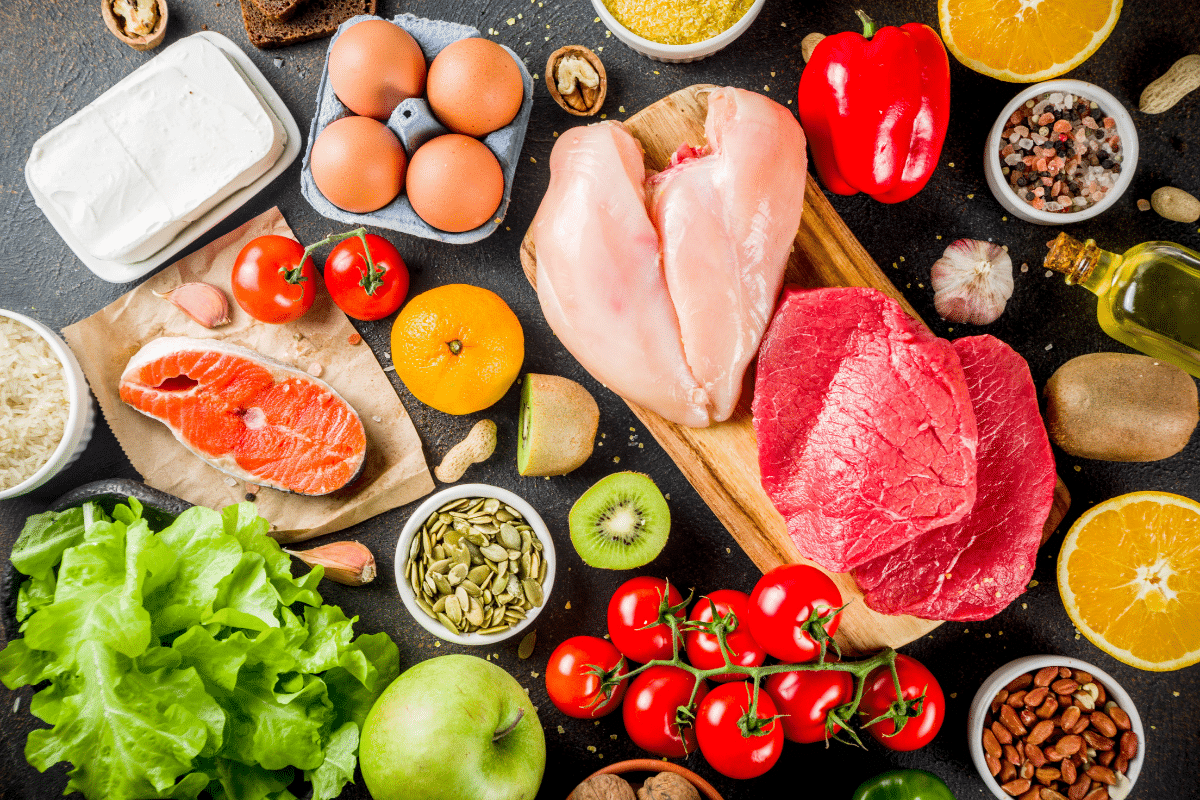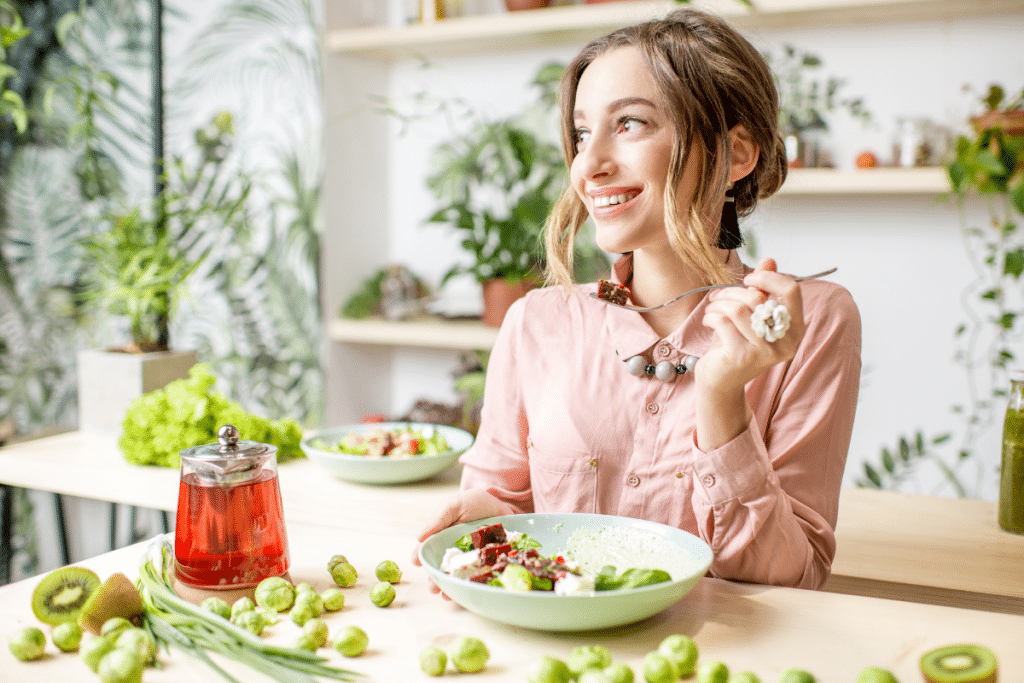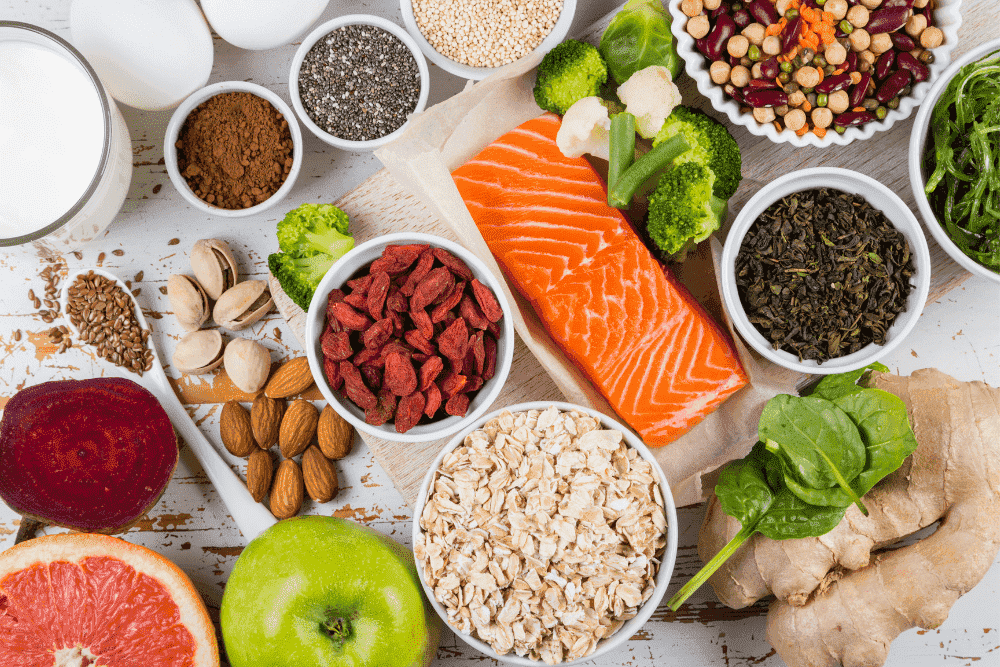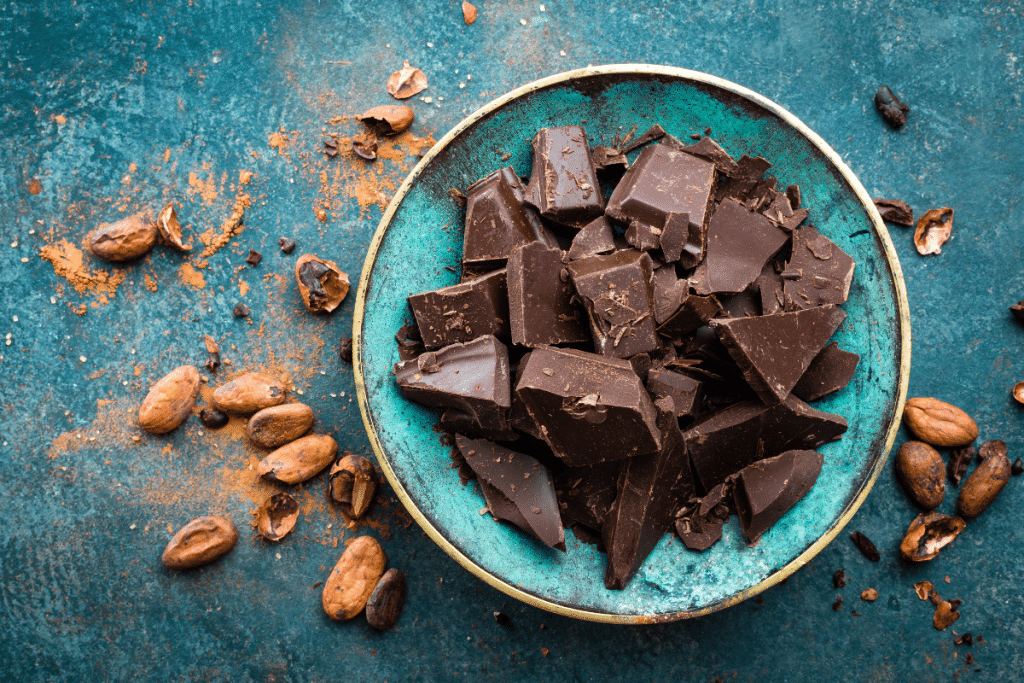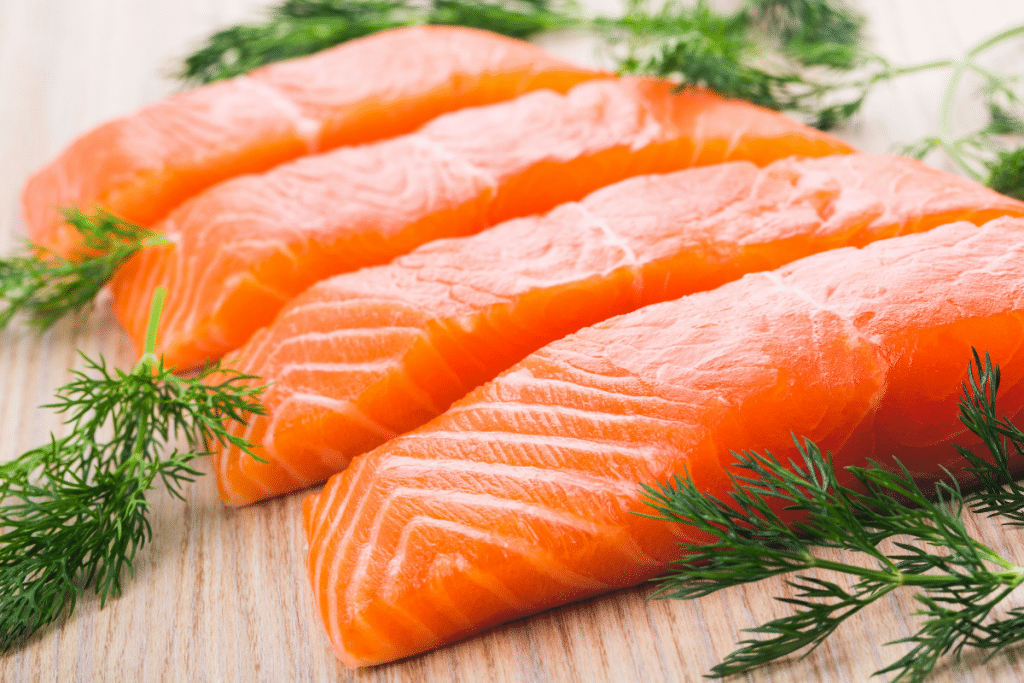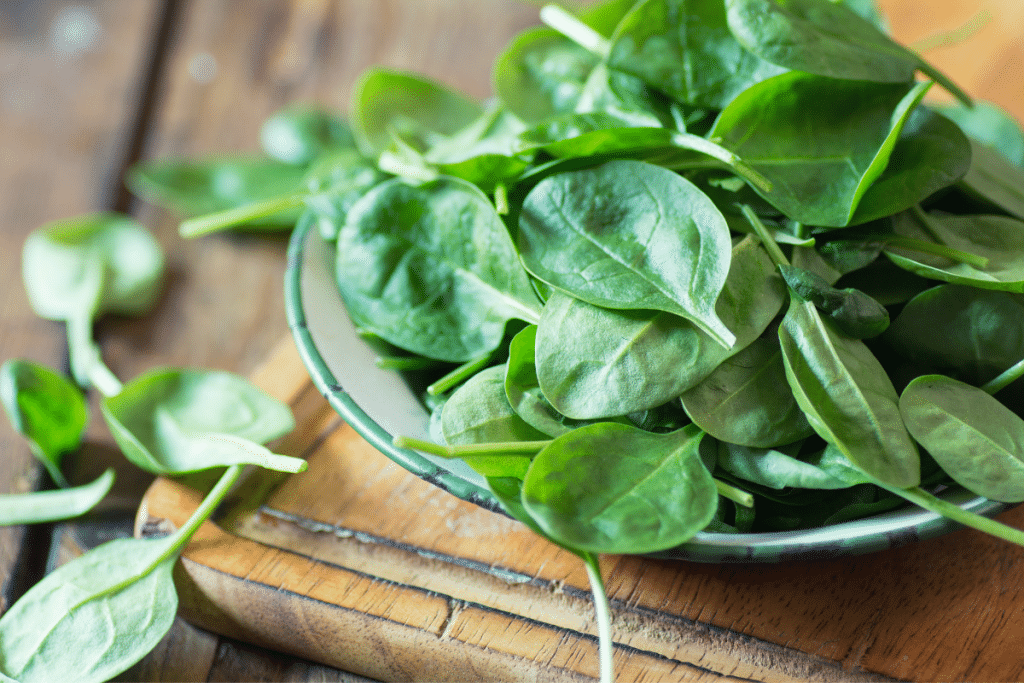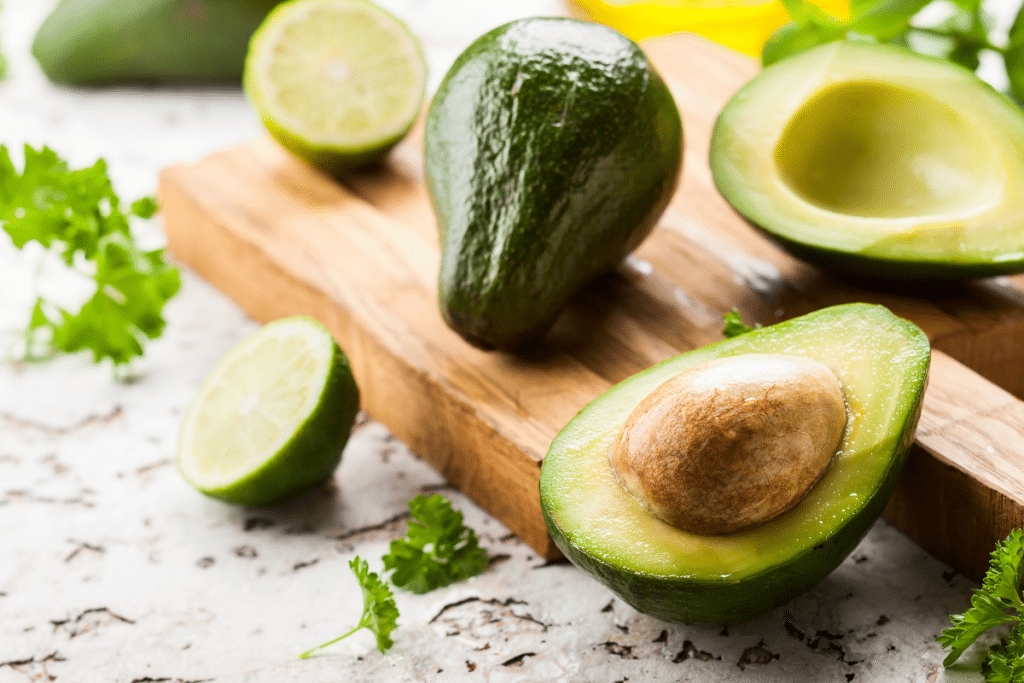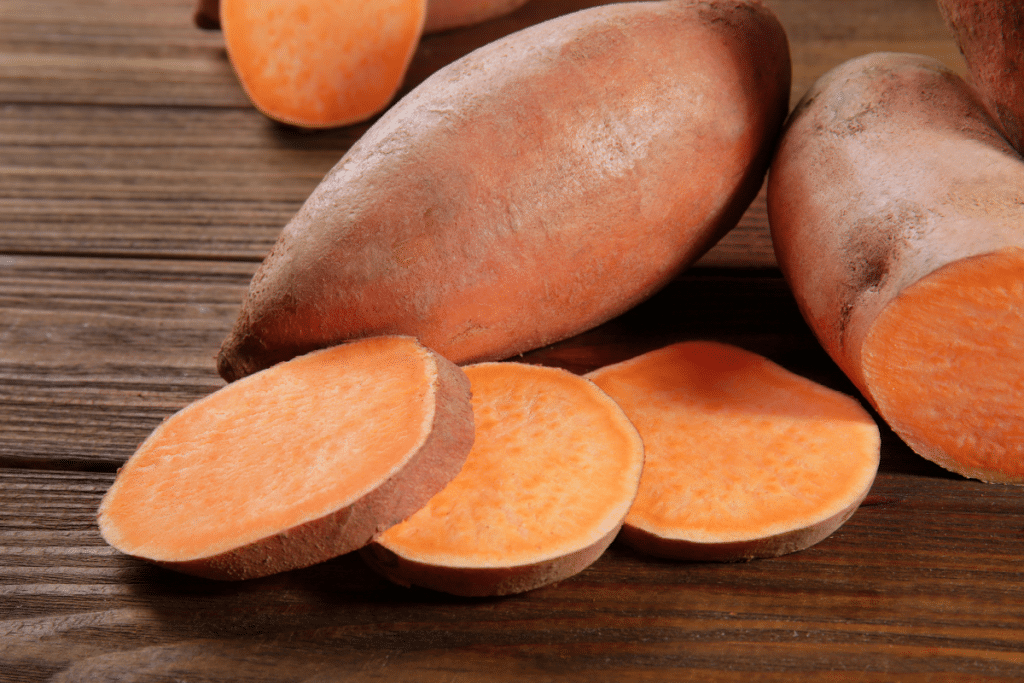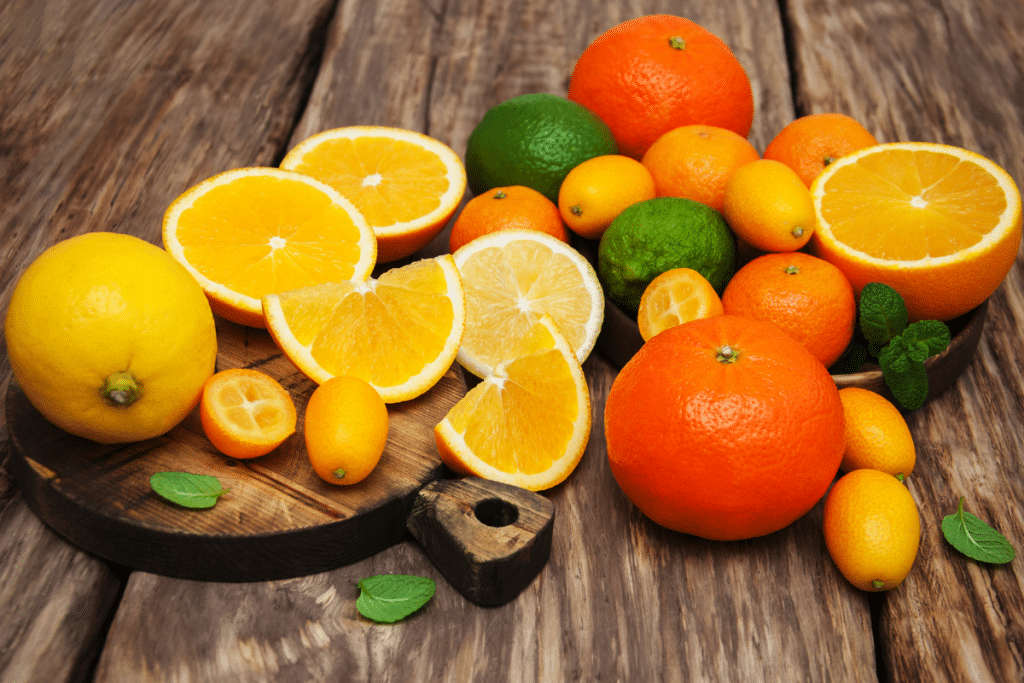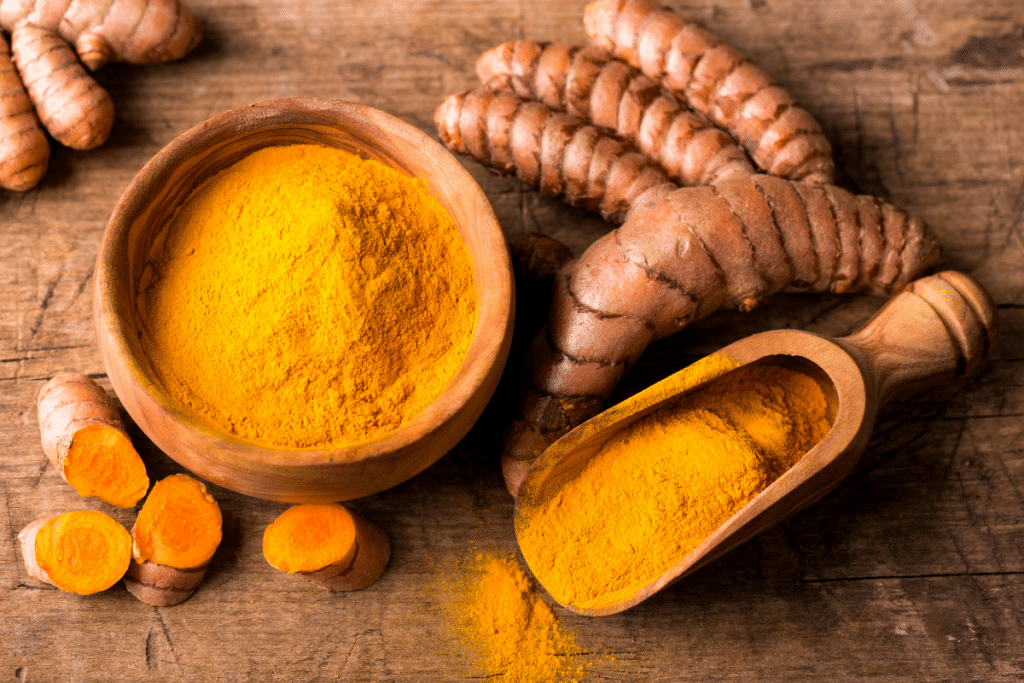We’ve all heard about foods and drinks that make it hard to fall asleep—caffeine, alcohol, and sugar included. But did you know that some foods can actually help you catch some zzz’s? If you regularly struggle to fall asleep, try snacking on one of these sleep superfoods before bed to see if they help you get some much-needed shuteye!
Turkey
Ah, the source of the famous post-American-Thanksgiving snooze. Turkey is rich in tryptophan, an amino acid which helps produce melatonin, the sleep hormone. Additionally, some studies indicate that eating protein before bed can help you to sleep better.

Chamomile Tea
This common sleep remedy isn’t just an old-wives tale—it’s actually proven to help with sleep! Chamomile tea contains apigenin, an antioxidant that can help you sleep. Additionally, drinking anything warm before bed—milk, tea, or even warm water—can promote feelings of calm and comfort, making it easier to fall asleep.
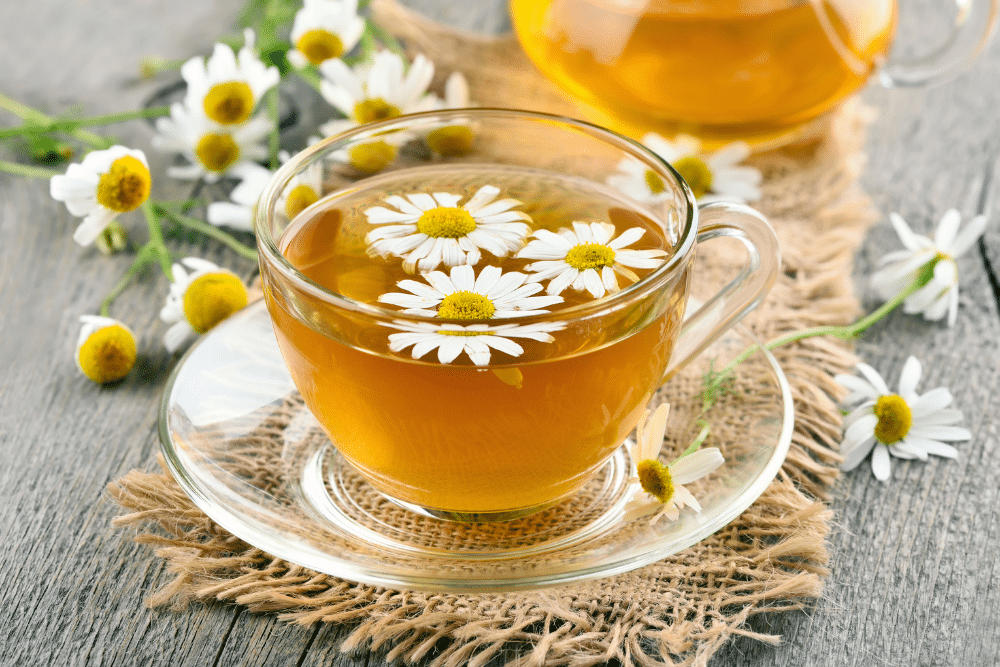
Kiwi
Eating fruit before bed might sound strange, but in the case of kiwi, the benefits outweigh the weirdness. Kiwis are rich in the chemical serotonin, which helps to regulate sleep. In one study, people that ate kiwi before bed fell asleep 42% faster than those who didn’t.

Tart Cherries
Since we’re on the fruit train, why not try tart cherries before bed? They’re another melatonin-heavy food and can regulate your circadian rhythm. If you’re not into eating a handful of cherries late at night, you can simply drink their juice instead.

Salmon
Salmon before bed sounds gross, right? Thankfully, you don’t have to eat it minutes before your head hits the pillow to get the benefit. Salmon and other fatty fish contain high amounts of omega-3 fatty acids, which can regulate your body’s natural serotonin levels and improve sleep.

Almonds
Almonds also promote melatonin, which can help improve sleep quality. They also contain magnesium, which can help reduce insomnia, and they reduce stress hormones, making sleep more restful.
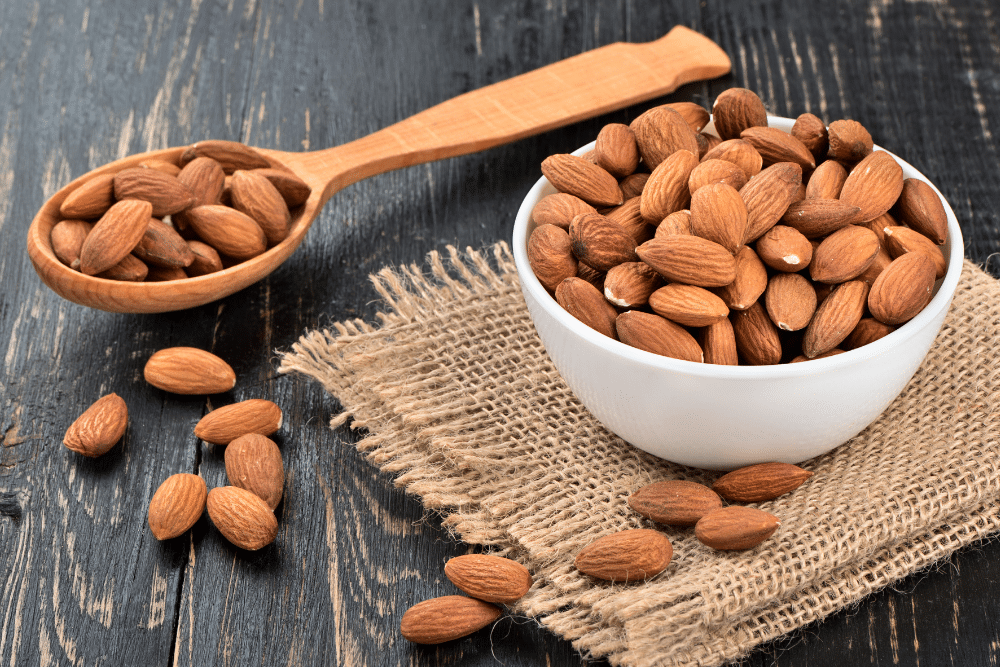
Lettuce
Ever feel like a midnight snack with a little crunch? Turns out lettuce is rich in lactucarium, a nutrient that may help you feel more relaxed and sleepy. Steep a few leaves in hot water (with a little milk and honey, of course!) for a calming evening tea.
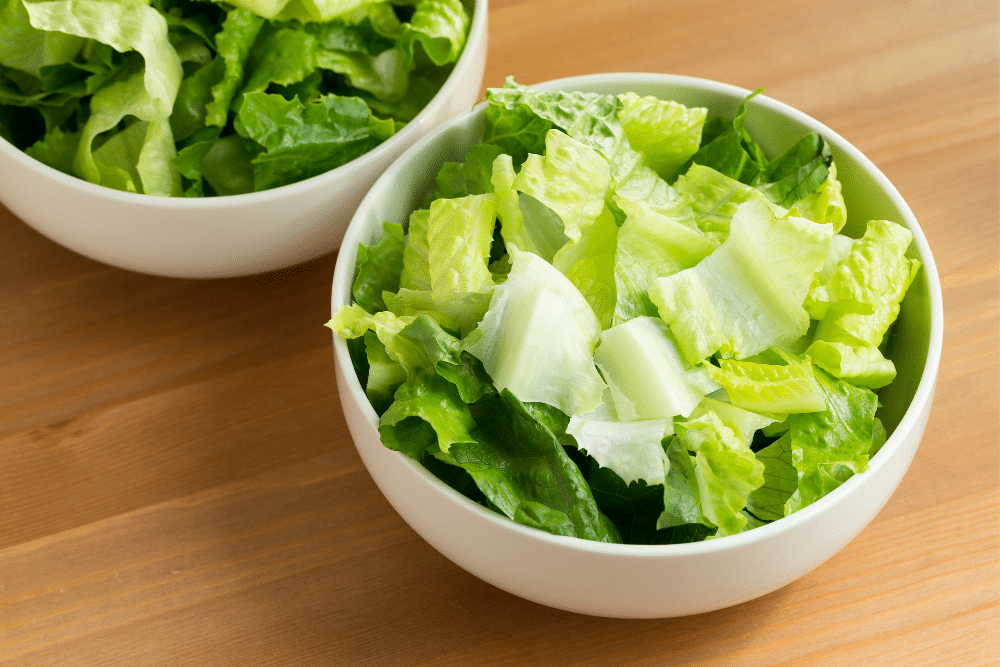
Tofu
If you’re not into meat, tofu is another protein source that can promote healthy sleep. It also contains high amounts of calcium and isoflavones, which can help increase serotonin levels.
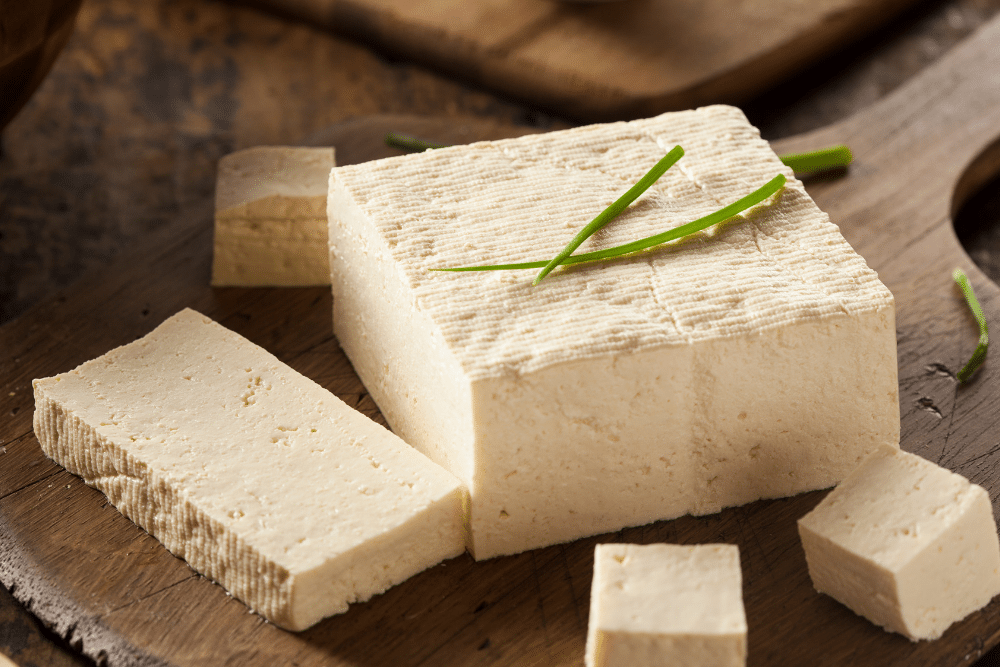
Dark Chocolate
Finally, a midnight snack we actually want to eat! Dark chocolate contains magnesium, so it can help boost your sleep. Just don’t go too crazy with your snacking—dark chocolate does also contain some caffeine, and you don’t want to wake yourself up while you’re enjoying your tasty treat!
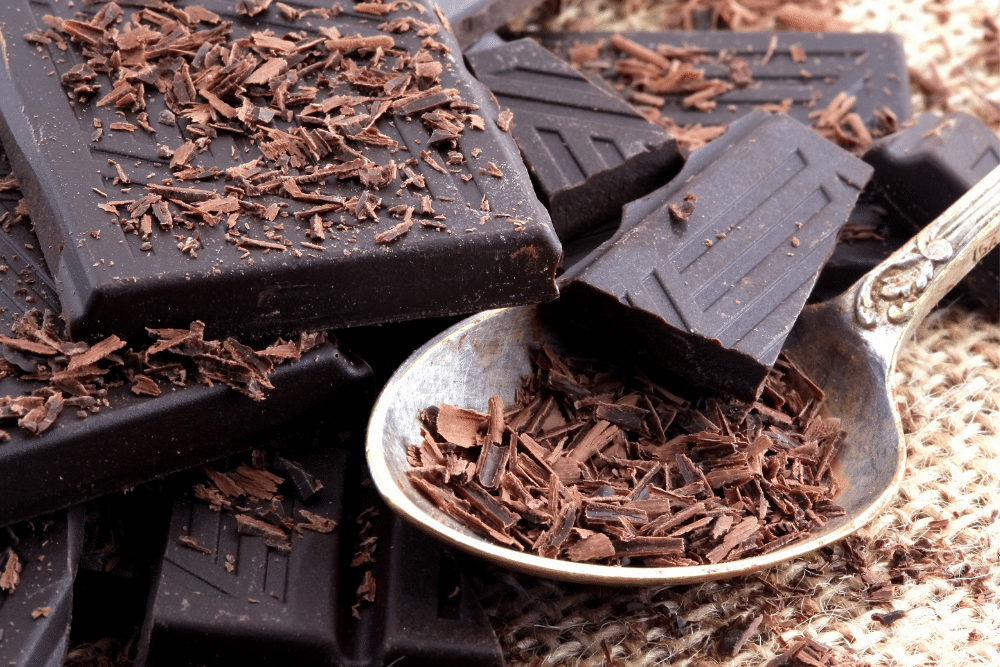
The Key To Great Sleep Might Be in Your Pantry
If you struggle to sleep, try a few sleep-promoting foods before bed to support your body’s natural wind-down cycle and help you rest deeply all night long. Just remember to stay away from foods and habits that will keep you up, like caffeine, blue light, and stress.

